A friend went to assess the situation for her, but the car was gone.
So Ms Brett turned straight to her Tesla car app to find out what was going on.
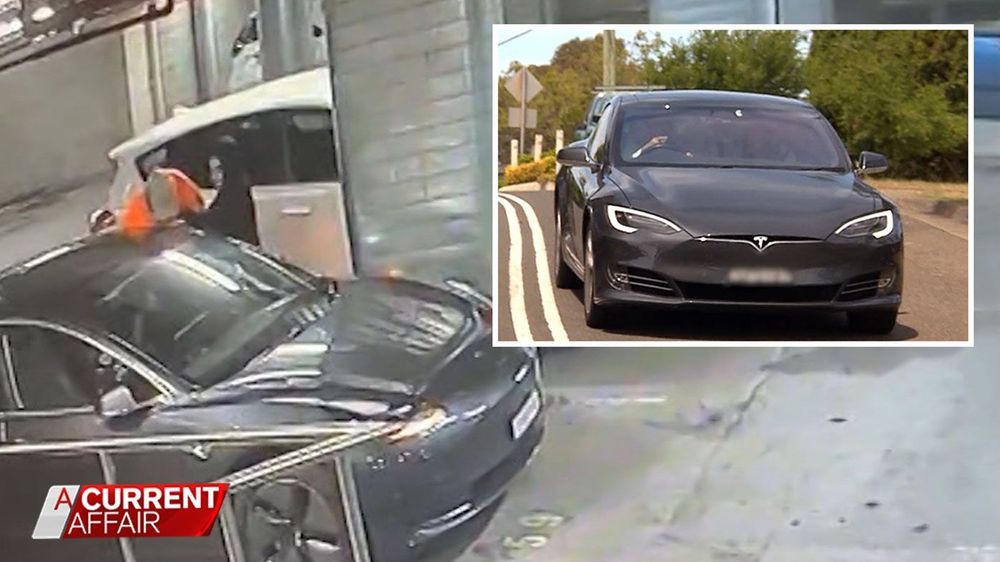
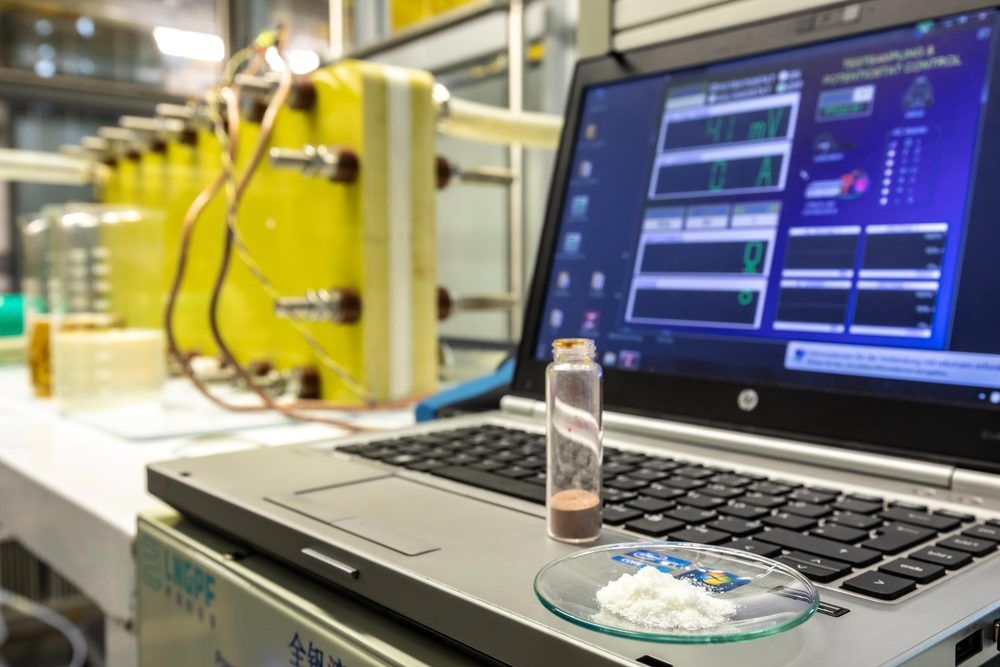
Researchers at TU Graz have found a way to convert the aromatic substance vanillin into a redox-active electrolyte material for liquid batteries. The technology is an important step towards ecologically sustainable energy storage.
It is ground-breaking in the field of sustainable energy storage technology,” says Stefan Spirk from the Institute of Bioproducts and Paper Technology at Graz University of Technology. He and his team have succeeded in making redox-flow batteries more environmentally friendly by replacing their core element, the liquid electrolyte, which are mostly made up of ecologically harmful heavy metals or rare earths – with vanillin, an important ingredient of Austrian vanilla croissants.

A team of archaeologists from the University of Cincinnati has found that between about 2,200 and 1,000 years ago, the drinking water in this reservoir was filtered through a mixture of zeolite and coarse, sand-sized crystalline quartz. This filtration system is the oldest known example of water purification in the western hemisphere and the oldest known use of zeolite for decontaminating drinking water in the world.
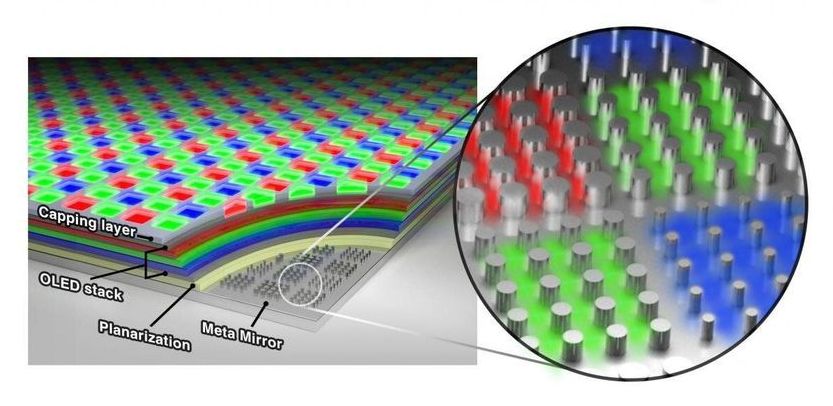
Ultra high-res displays for gadgets and tv sets may be coming. 😃
By expanding on existing designs for electrodes of ultra-thin solar panels, Stanford researchers and collaborators in Korea have developed a new architecture for OLED—organic light-emitting diode—displays that could enable televisions, smartphones and virtual or augmented reality devices with resolutions of up to 10,000 pixels per inch (PPI). (For comparison, the resolutions of new smartphones are around 400 to 500 PPI.)
Such high-pixel-density displays will be able to provide stunning images with true-to-life detail—something that will be even more important for headset displays designed to sit just centimeters from our faces.
The advance is based on research by Stanford University materials scientist Mark Brongersma in collaboration with the Samsung Advanced Institute of Technology (SAIT). Brongersma was initially put on this research path because he wanted to create an ultra-thin solar panel design.
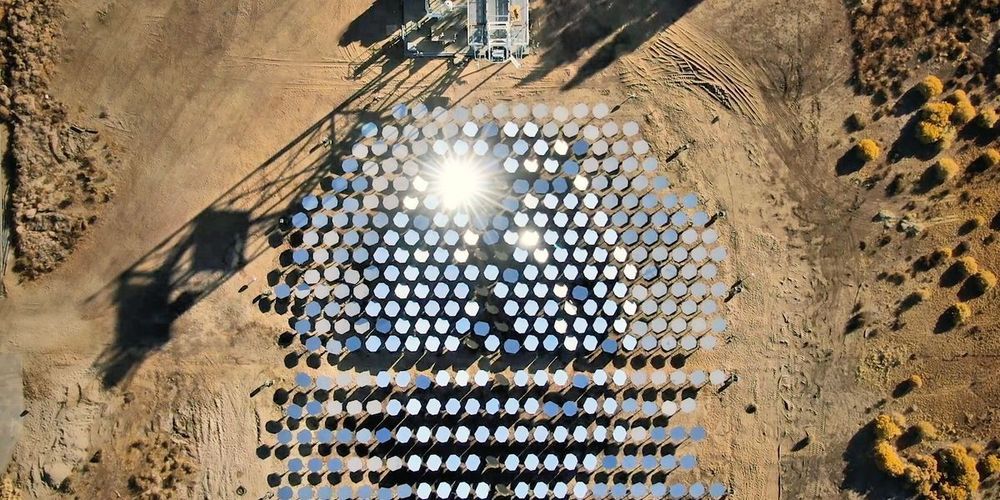
A mysterious startup reveals a groundbreaking solar energy achievement.
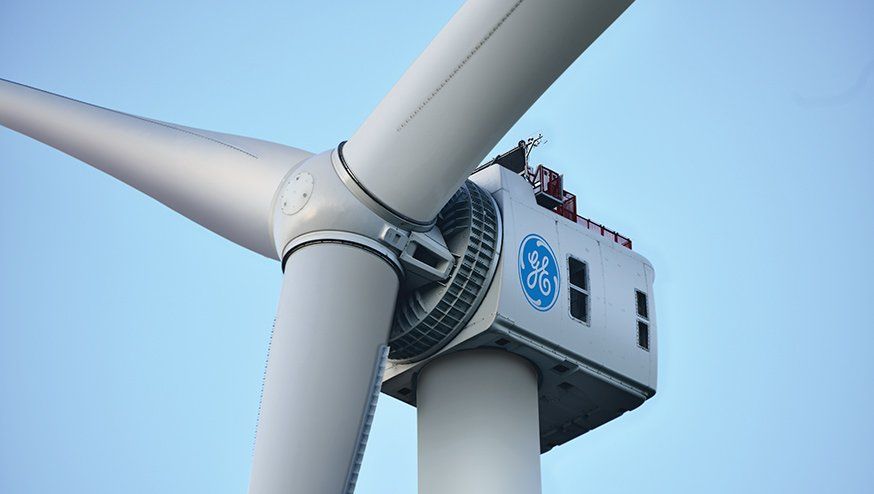
GE unveils its largest wind turbine prototype yet, a 13MW behemoth that stands 248 metres tall and destined for use in offshore wind farms.
Wind turbine manufacturer GE Renewable Energy has unveiled latest wind turbine prototype, an optimised version of its Halifax-X offshore wind turbine design that can deliver a massive 13MW of output.
It is the largest turbine that GE has produced, standing 248 metres tall, with 107 metre long blades and offers around double the generation capacity of most wind turbines currently deployed around the world.
GE said that a working version of the wind turbine, optimised for offshore projects, had been deployed and was currently undergoing a series of tests to satisfy the requirements for certification.
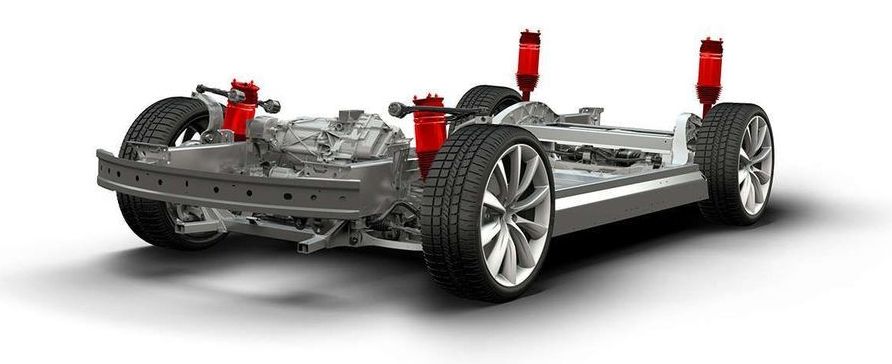
Tesla is arguing that there’s actually no defect with its Model S/Model X suspension and that China is basically forcing an unnecessary recall.
Earlier today, we reported on Tesla recalling almost 30,000 Model S and Model X vehicles that were shipped to China over an alleged issue with its suspension.
As we stated in the report, there were a few things that were strange about this report — primarily the fact that it only affected Model S and Model X vehicles sent to China between 2013 and 2017 even though those vehicles were produced in the US, and Tesla used the same suspension as all other Model S and Model X produced during that period.
“We’re not moving heat from the surface to the atmosphere. We’re just dumping it all out into the universe, which is an infinite heat sink,” said Xiangyu Li, a postdoctoral researcher at the Massachusetts Institute of Technology who worked on this project as a Ph.D. student in Ruan’s lab.
WEST LAFAYETTE, Ind. — What if paint could cool off a building enough to not need air conditioning?
Purdue University engineers have created white paint that can keep surfaces up to 18 degrees Fahrenheit cooler than their ambient surroundings – almost like a refrigerator does, but without consuming energy.
According to the researchers, the paint would replace the need for air conditioning by absorbing nearly no solar energy and sending heat away from the building. Without the building heating up, air conditioning wouldn’t have to kick on.


(Reuters) — India’s richest state Maharashtra has invited U.S. electric-car maker Tesla Inc, weeks after its Chief Executive Officer Elon Musk suggested entering the country next year.
In a tweet here on Thursday, state tourism and environment minister Aaditya Thackeray said he and industries minister Subhash Desai held a video call with Tesla executives earlier in the day to invite them to the state.
Earlier this month, Musk said “Next year for sure” on Twitter in reply to a post with a photograph of a T-shirt with the message: “India wants Tesla”.